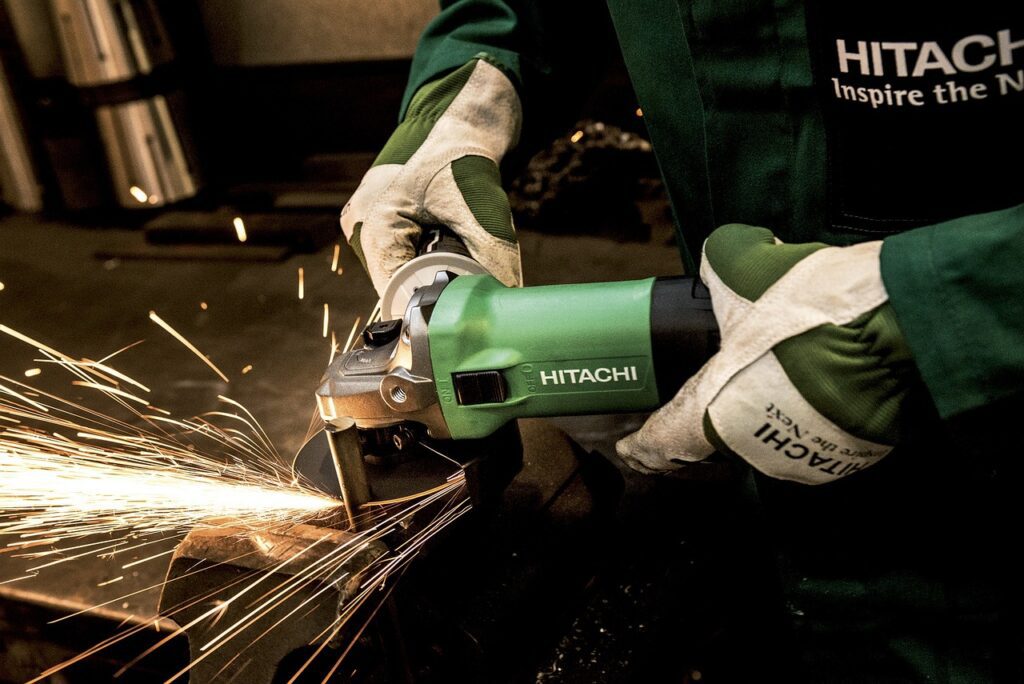Choosing the right water heater for your home is crucial for ensuring hot water availability and efficiency. With several types and models available, each with its own advantages and considerations, it’s important to understand your household’s hot water needs and the factors that influence the decision. This guide will walk you through the key considerations and tips for selecting the best water heater for your home.
Contents
Types of Water Heaters
- Storage Tank Water Heaters:
- Description: These are the most common type of water heaters, featuring a tank that stores hot water until it’s needed.
- Advantages: Relatively affordable upfront costs, simple installation, widely available.
- Considerations: Limited hot water capacity based on tank size, standby heat loss (energy loss when water sits in the tank).
- Tankless (On-Demand) Water Heaters:
- Description: These units heat water only when needed, without storing it in a tank.
- Advantages: Energy efficient (no standby heat loss), unlimited hot water supply (within capacity), longer lifespan.
- Considerations: Higher upfront costs, may require larger gas lines or upgraded electrical systems, flow rate limitations (multiple fixtures running simultaneously).
- Heat Pump Water Heaters:
- Description: These units use heat pump technology to extract heat from the air to heat water.
- Advantages: Very energy efficient (can reduce energy costs significantly), can also cool and dehumidify the surrounding air.
- Considerations: Higher upfront costs, may require installation in a location with adequate air circulation (e.g., garage, basement).
- Solar Water Heaters:
- Description: These systems use solar panels to heat water, either directly or indirectly through a heat transfer fluid.
- Advantages: Highly energy efficient (reduces utility bills), environmentally friendly, potential for federal and state tax incentives.
- Considerations: Higher upfront costs, requires adequate sun exposure (solar panels), may need backup heating during periods of low sunlight.
Key Considerations When Choosing a Water Heater
- Fuel Type:
- Determine whether your home has access to natural gas, propane, electricity, or solar energy. The availability of fuel types will influence your options and operating costs.
- Capacity and Size:
- Estimate your household’s peak hot water demand to determine the appropriate tank size for storage tank water heaters or the required flow rate for tankless models. A family of four, for example, typically requires a larger tank or higher flow rate than a single-person household.
- Energy Efficiency:
- Look for the Energy Star label and compare the Energy Factor (EF) ratings of different models. Higher EF ratings indicate greater energy efficiency, which can save you money on utility bills over the long term.
- Costs:
- Consider both upfront costs and long-term operating costs. Tankless and heat pump water heaters generally have higher upfront costs but lower operating costs due to energy efficiency. Factor in installation expenses, potential rebates or tax incentives, and maintenance costs.
- Installation and Space Requirements:
- Evaluate the space available for installation and any necessary modifications to accommodate the selected water heater. Tankless water heaters, for instance, require adequate venting and larger gas lines.
- Lifespan and Maintenance:
- Understand the expected lifespan of different water heater types (typically 10-15 years for storage tanks, longer for tankless and heat pump units) and the maintenance requirements. Regular maintenance can extend the lifespan and efficiency of your water heater.
- Brand and Warranty:
- Research reputable brands with good customer reviews and reliable warranties. A longer warranty period (typically 6-12 years for water heaters) can provide peace of mind regarding repairs and replacements.
Tips for Choosing the Best Water Heater
- Assess Your Hot Water Needs:
- Calculate your household’s peak hot water demand based on the number of occupants, bathrooms, and appliances (dishwasher, washing machine). This will help determine the appropriate size and type of water heater.
- Consider Energy Efficiency:
- Opt for a water heater with a high Energy Factor (EF) to minimize energy consumption and reduce utility bills. Tankless and heat pump water heaters are generally more efficient than traditional storage tank models.
- Evaluate Long-Term Costs:
- While upfront costs are important, consider the long-term savings from energy-efficient models. Calculate potential savings in utility bills over the lifespan of the water heater to make an informed decision.
- Research Rebates and Incentives:
- Check for available rebates, tax incentives, or utility company incentives for installing energy-efficient water heaters. These can offset upfront costs and lower the overall investment.
- Consult with a Professional:
- If you’re unsure about which water heater is best for your home, consult with a licensed plumber or HVAC specialist. They can assess your home’s plumbing system, energy requirements, and provide recommendations based on local codes and regulations.
- Read Reviews and Compare Models:
- Read customer reviews and compare specifications, warranties, and features of different water heater models. Look for reliability, ease of maintenance, and overall satisfaction from other homeowners.
- Plan for Installation:
- Factor in installation requirements such as space, ventilation, and plumbing modifications. Ensure you have adequate clearance around the water heater for maintenance access and safety.
- Maintenance and Warranty:
- Understand the maintenance requirements and warranty coverage for your chosen water heater. Regular maintenance, such as flushing the tank or descaling heat exchangers, can prolong its lifespan and efficiency.
Conclusion
Choosing the best water heater for your home involves evaluating your hot water needs, energy efficiency preferences, and budget considerations. Whether you opt for a traditional storage tank, tankless, heat pump, or solar water heater, each type has distinct advantages and considerations. By following these tips and consulting with professionals as needed, you can select a water heater that meets your household’s requirements for reliability, efficiency, and cost-effectiveness over the long term.










